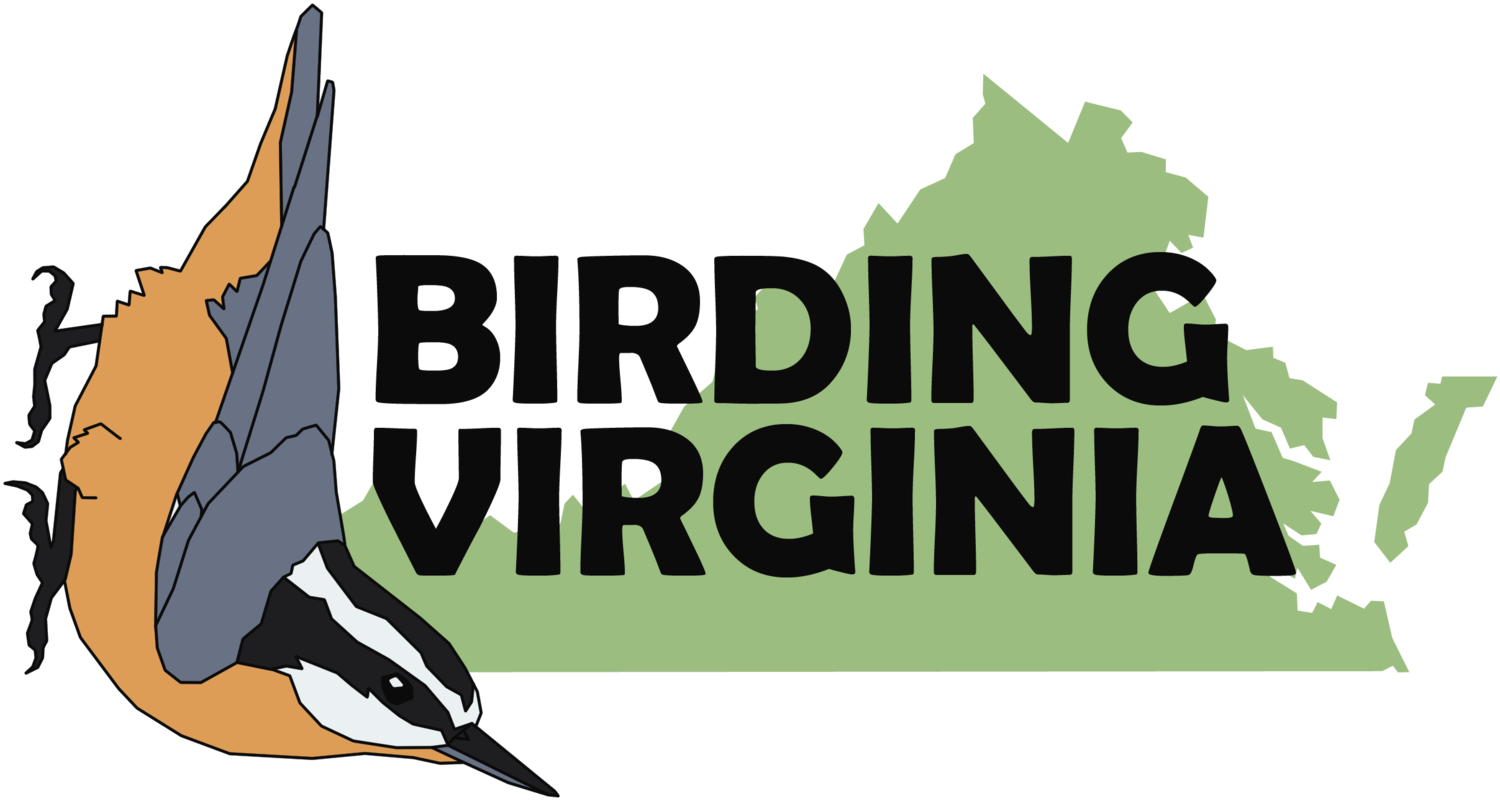On the north side of town, this fairly large lake lies roughly parallel to Washington Avenue and is a must-hit spot when birding Cape Charles due to its easy accessibility and the efficiency of checking it – often, a quick scan is all that is necessary. The pond is most frequently birded in the winter months, when it may attract a fairly diverse assortment of waterfowl, including both divers and dabblers. On a typical winter day, this spot is almost sure to host Ring-necked and Ruddy Ducks, Hooded Merganser, Mallard, Bufflehead, and American Wigeon. Other ducks that are occasionally present include scaup, Redhead, and American Black Duck, but nearly any regularly occurring species could drop in here. The ducks are almost always joined by a few Pied-billed Grebes. Winter sometimes also sees large goose flocks, sometimes numbering in the hundreds, spending time here; Snow, Cackling, and Greater White-fronted have all been recorded here in recent years, so the goose flock is always worth a scan when present. Waders occasionally hunt the edges of the pond; Great Blue Herons are present year-round, as are Great Egrets (though more sporadically in winter). Gulls sometimes forage here, and while Ring-billed and Herring are the main denizens, Bonaparte’s sometimes course over the water in winter, while the spring and summer months bring the raucous calls of Laughing Gulls. This is also one of a few locations in town where gulls and terns will form large storm roosts under adverse weather conditions. Often, large flocks will come to ground on the grassy banks of the pond, and under the right conditions almost any regularly-occurring species can present, even less-common ones including Lesser Black-backed Gull, Gull-billed Tern, and Black Skimmer. Under any conditions where storms are depositing seabirds, these roosts are worth checking for Sooty or Bridled Tern, Sabine’s Gull, or other rarities. In late fall and into winter, the grass embankments around the pond are also one of several spots in town frequented by large blackbirds flocks. Brown-headed Cowbirds sometimes form nearly monotypic flocks, but it is also not unusual to encounter truly mixed flocks. These are always worth working for a Yellow-headed Blackbird (reported previously in Cape Charles) or a Shiny or Bronzed Cowbird.
Though there are fewer birds of note here in the spring and summer months, this spot is not without activity during those times. In the spring Snowy Egrets will drop in, and more uncommon species such as Cattle Egret, Little Blue Heron, or Glossy Ibis are possible. In some places along the edges, stands of phragmites provide potential cover for a migrating American Bittern to drop in. Forster’s Terns also frequent the pond in spring, and Blue-winged Teal can sometimes be found tucked along the edges. Red-winged Blackbirds are common and conspicuous breeders, with the males often perching on the wrought iron fence ringing the pond to flare their crimson epaulets as they sing. Eastern Kingbirds also nest in the tall trees that line the lake, with their aggressive nest defense providing a welcome spectacle for birders. Swallows frequently hunt insects over the pond; Tree and Barn Swallows, as well as Purple Martins, are the most common species, but when swallows are staging in the fall it is worth checking for large flocks that may hold a Bank, Cliff, or perhaps even an exciting rarity! At all times of the year, this spot is occupied by resident suburban species including Mourning Dove, Northern Mockingbird, Carolina Wren, Northern Cardinal, Song Sparrow, House Finch, and House Sparrow.
Accessibility: The lake sits at the intersection of Washington Avenue and Fig Street, and can be easily viewed from either road. For most of its length it runs parallel to Washington Avenue, which is perhaps the best viewing point, but from Fig it is possible to look down the entire length of the water from its eastern edge. The lake is technically part of a gated housing community and as such, it is behind a fence. Though this prevents direct access, the fence does not present an obstacle to viewing birds on the lake.
eBird Hotspot: Washington Avenue Pond
—Matt Anthony
